Signs & Symptoms of Drug Abuse in Teens
Adolescence is a critical period for the onset of substance use and its potentially debilitating consequences for two reasons:
The regions of the brain that are critical to decision making, judgment, impulse control, emotion and memory are not yet fully developed in adolescence, making teens more prone than adults to taking risks, including experimenting with tobacco, alcohol and other drugs.
Because the teen brain is still developing, addictive substances physically alter its structure and function faster and more intensely than in adults, interfering with brain development, further impairing judgment and heightening the risk of addiction.
The science of addiction and evidence of its consequences is clear enough to conclude that there is no recommended level of safe use of addictive substances by teens.
What signs or symptoms should I look for?
SOCIAL
Changes in friends, including secret calls and visits
Avoids contact with concerned persons
Loses interest in hobbies/activities
Becomes secretive and defensive regarding actions
Reluctant to introduce new friends
PHYSICAL/EMOTIONAL
Unexplained extreme mood swings
Tired with noticeable change in sleep patterns
Dilated pupils and bloodshot eyes
Loss of appetite, yet periods of binge eating
Changes in dress or appearance
Threatens/attempts to commit suicide
Uncharacteristic nosebleeds or unexplained burns
SCHOOL
Misses excessive time from school
Fails to turn in assignments
Sleeps in class
Exhibits persistent behavioral problems
Reduced grades
Increased tardiness
Reduced interest in extracurricular activities
FAMILY/HOME
Ignores curfews and other house rules
Withdraws from family activities
Isolates from family members and is rarely home
Collects alcohol and other drug paraphernalia
Tells lies or gives unrealistic explanations to parents
Uses air fresheners or breath mints to cover scents
LEGAL
Runs away from home
Increased involvement with police, such as having parties/social functions broken up by the police
Arrested for alcohol or other drug-related charges
FINANCIAL
Steals money or objects from family and friends
Develops unexplained shortages of money
Loss of possessions
Increased amounts of alcohol missing in home
No tangible evidence of how money is spent such as clothes, music or other items
Excess money beyond explanation may mean teen is dealing drugs
Does my child need help?
At this point, you are not sure. You may think he/she is going through a phase or just experimenting. Making it more difficult, your child is telling you he/she doesn’t have a problem at all. You want to believe your child and give him/her the benefit of the doubt. It’s easy to second guess yourself. All parents go through this. If there is any question in your mind, it makes sense to have a professional evaluation. You’ll get the answers you need so you, your child and your family can go on with life. Rosecrance provides free, confidential consultations and educational/prevention services to help teens and their families during this time at one of its many drug and alcohol abuse treatment centers located in and around Chicago.
Drug-Specific Signs & Symptoms
